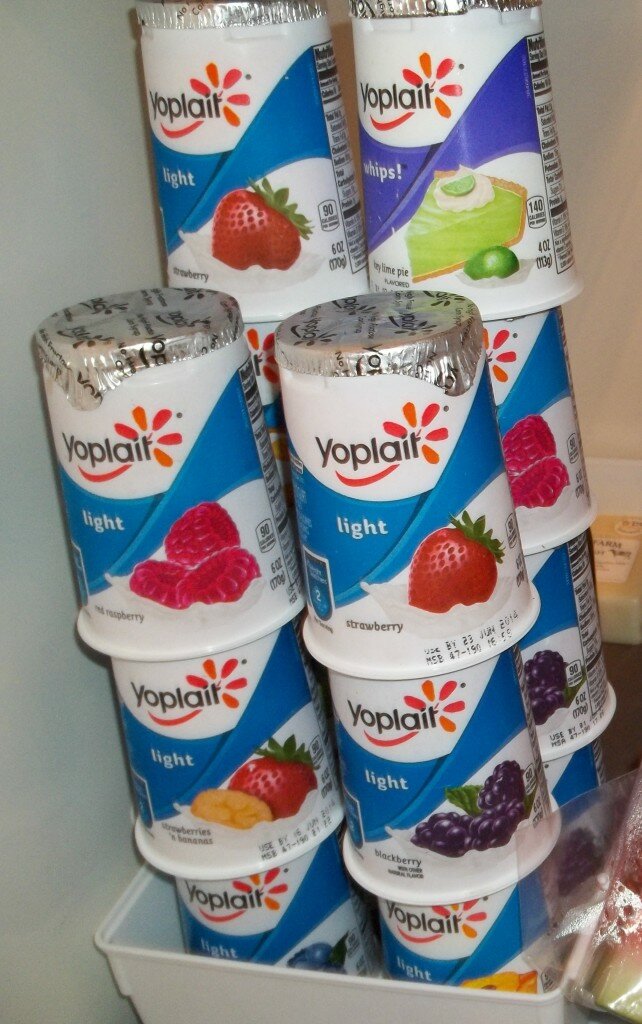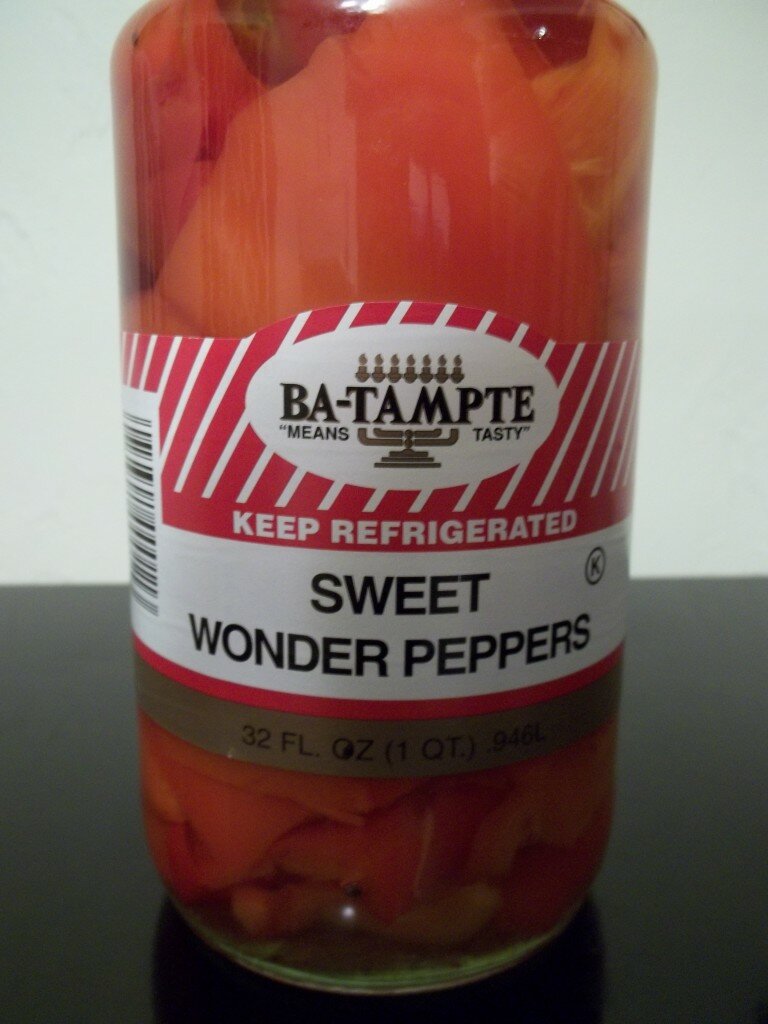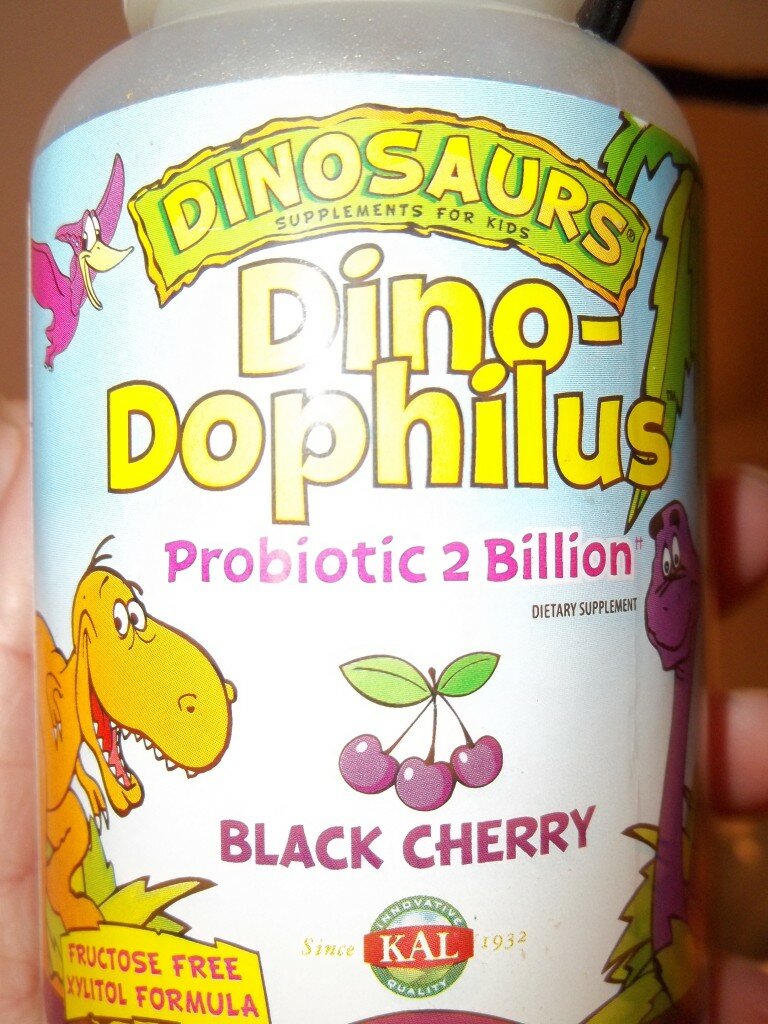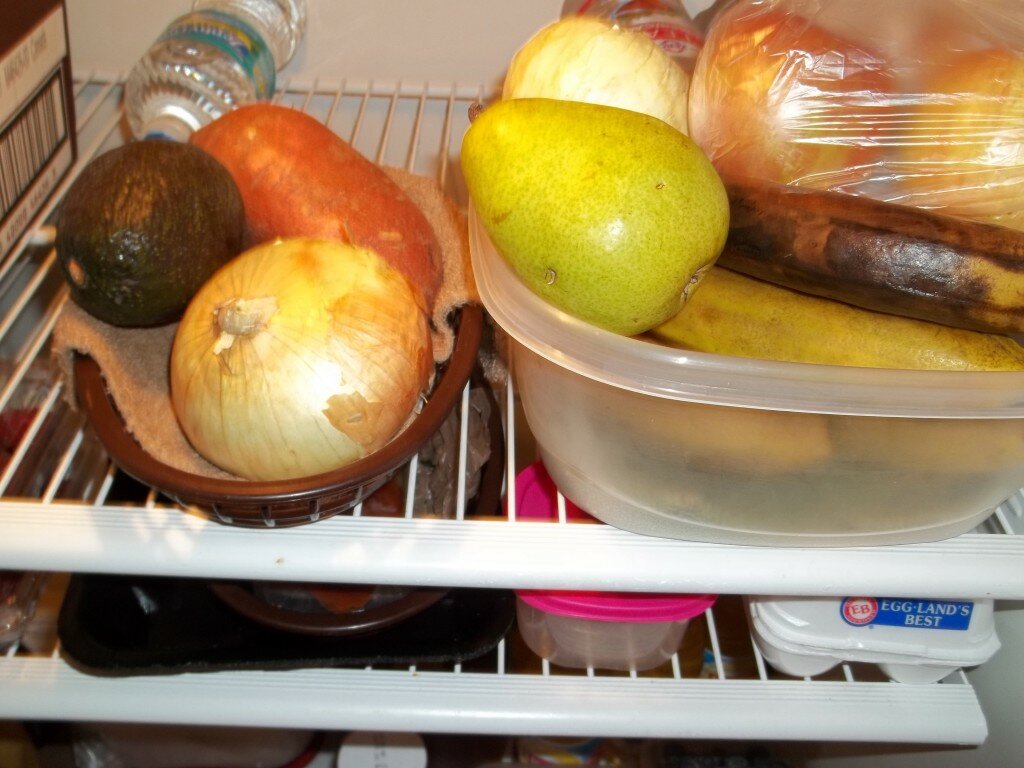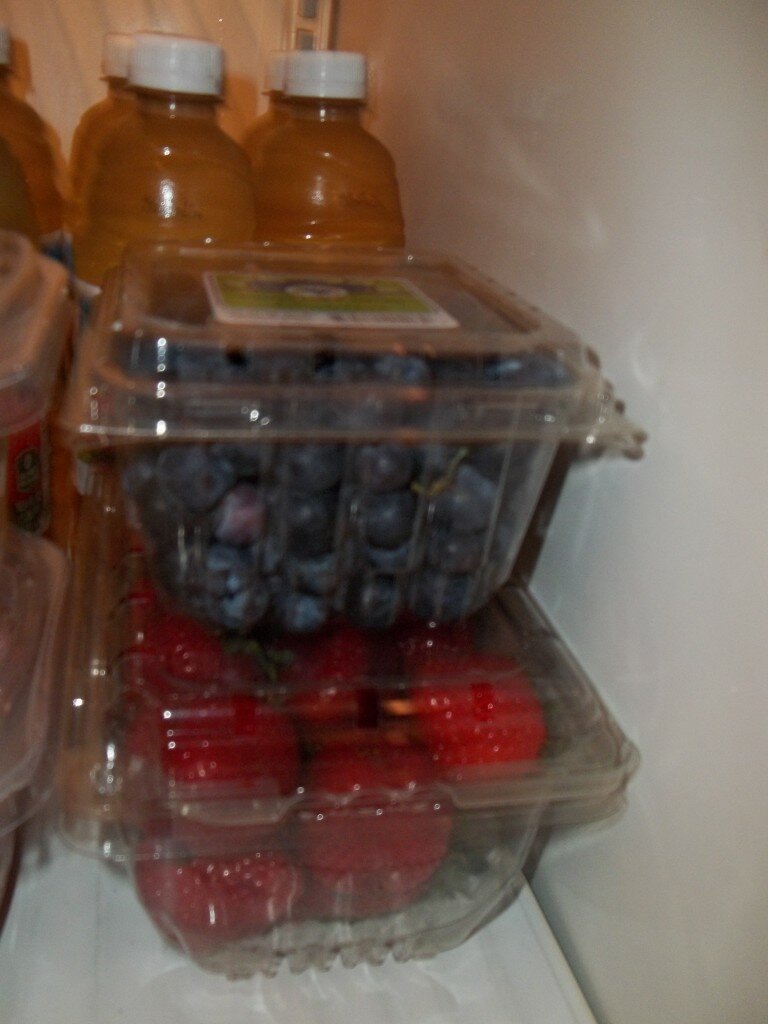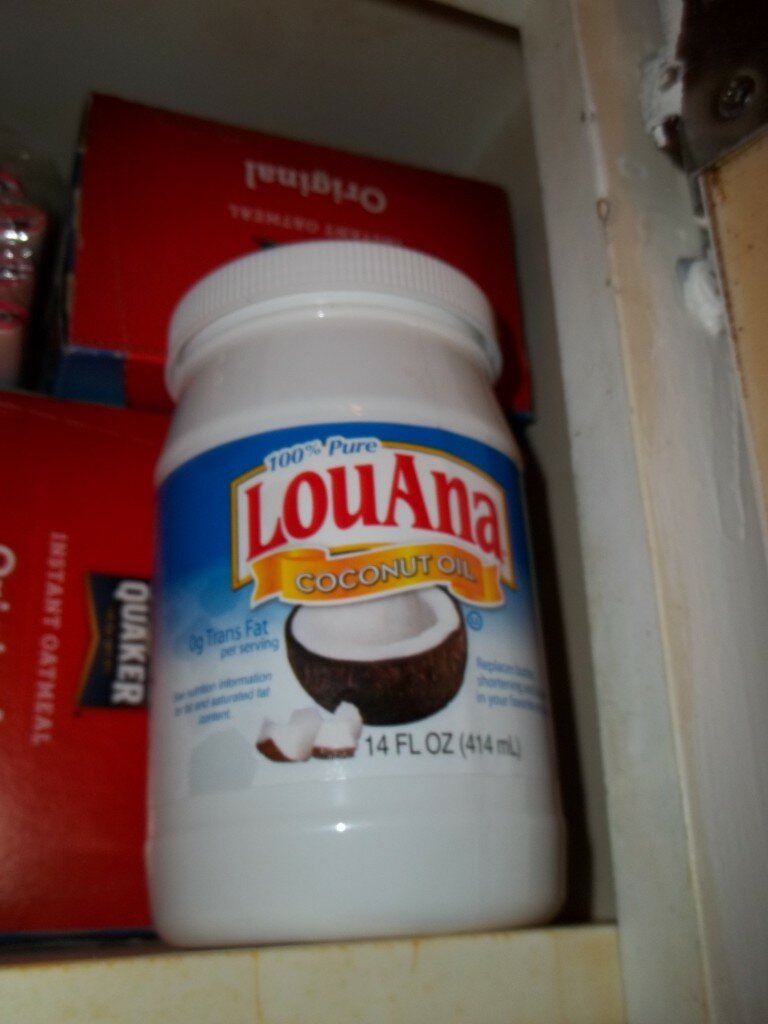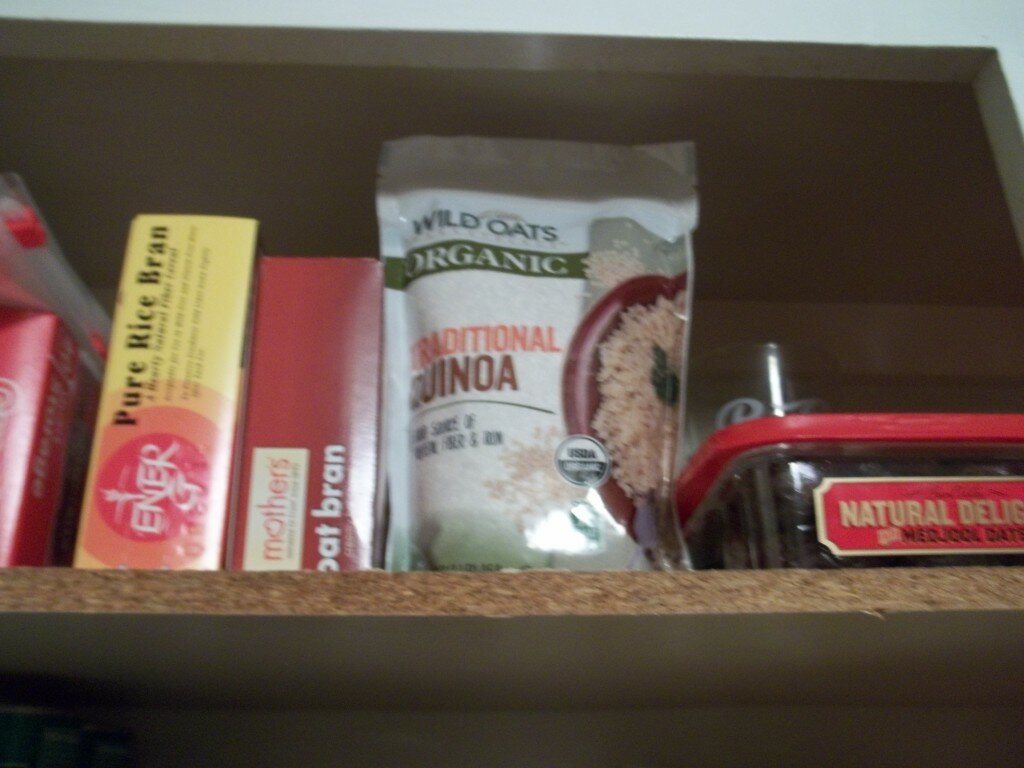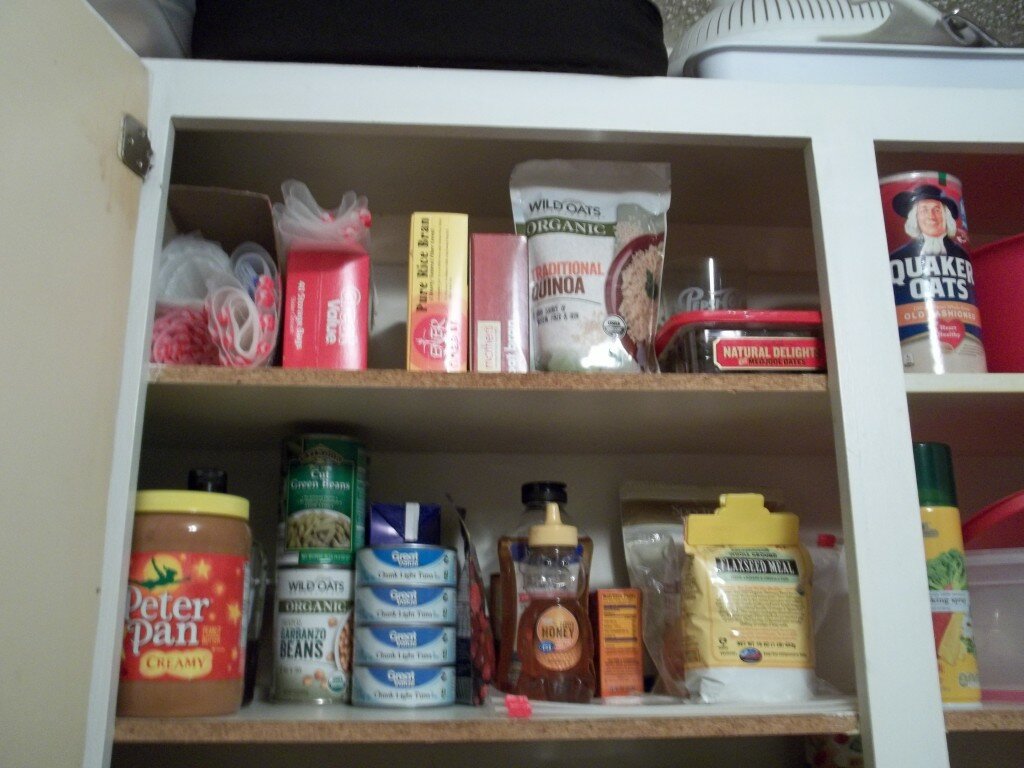As each calendar year draws to a close, it is only natural that one takes stock of one’s life; examining eating and exercise habits in particular.
I was inspired to share after reading the article, on Yahoo Health.
Both Probiotics and Prebiotics are important for Gastrointestinal Health.
Probiotics are the “good” bacteria (live cultures) naturally occurring in the stomach. These active cultures help balance gut flora by reproducing more good bacteria. A good balance helps boost immunity and overall health, particularly the aforementioned Gastrointestinal Health. Probiotics can be used to treat stomach issues like IBS (Irritable Bowel Syndrome), food allergies and lactose intolerance.
Prebiotics are the foods that help the Probiotics along. They are good bacteria “promoters”. Prebiotics and Probiotics work together to achieve Gastrointestinal Health.
Gastrointestinal Health is important for more than just happy tummies. More and more scientific research is pointing towards intestinal bacteria playing an influential role in managing mental disorder symptoms.
According to an article from Nature International Weekly Journal of Science, “there is hard evidence linking conditions such as autism and depression to the gut’s microbial residents, known as the microbiome”.
Another on Yahoo states: “In humans, there is some very early evidence of a link between gut bacteria and mental health. A new study from England found that supplements that boost “good” bacteria in the gut (called “prebiotics”) may alter the way people process emotional information, suggesting that changes in gut bacteria may have anti-anxiety effects”.
Gut bacteria plays a role in our sanity.
Incredible.
So how does one get those Probiotics and Prebiotics into their gut?
For Probiotics, consume:
- Fermented dairy foods including yogurt, kefir products and aged cheeses, which contain live cultures (for example, bifidobacteria and lactobacilli).
- Fermented non-dairy foods containing beneficial cultures, including kimchi (spicy pickled cabbage), sauerkraut, miso, soy beverages and kombucha (fermented tea).
For Prebiotics, consume:
- Foods/supplements containing fructo-oligosaccharides (FOS), such as inulin and galacto-oligosaccharides (GOS).
- Foods such as bananas, onions, garlic, leeks, asparagus, artichokes, soybeans and whole-wheat foods.
So what’s in “My Pantry”?
PROBIOTICS
Fermented Dairy:
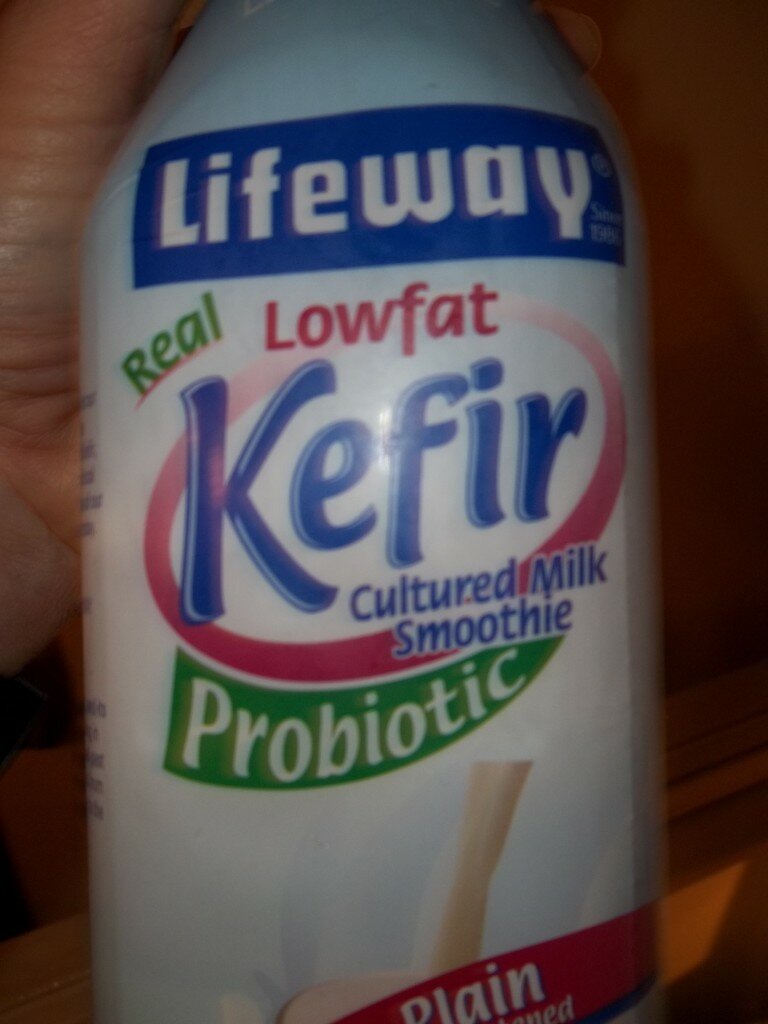 Yogurt with Live Cultures:
Yogurt with Live Cultures:
Fermented Sweet Peppers:
Supplements:
PREBIOTICS
Other good stuff:
What Else?
What do you think of my fridge/pantry contents?
Do you take supplements or manipulate your diet to improve GI Health and/or Mental Health?
SOURCES:
http://www.nature.com/news/gut-brain-link-grabs-neuroscientists-1.16316
http://www.eatright.org/Public/content.aspx?id=6442477443
https://www.yahoo.com/health/how-to-stock-your-probiotic-pantry-103490347452.html
http://news.yahoo.com/gut-feeling-probiotics-may-ease-anxiety-depression-153908208.html

